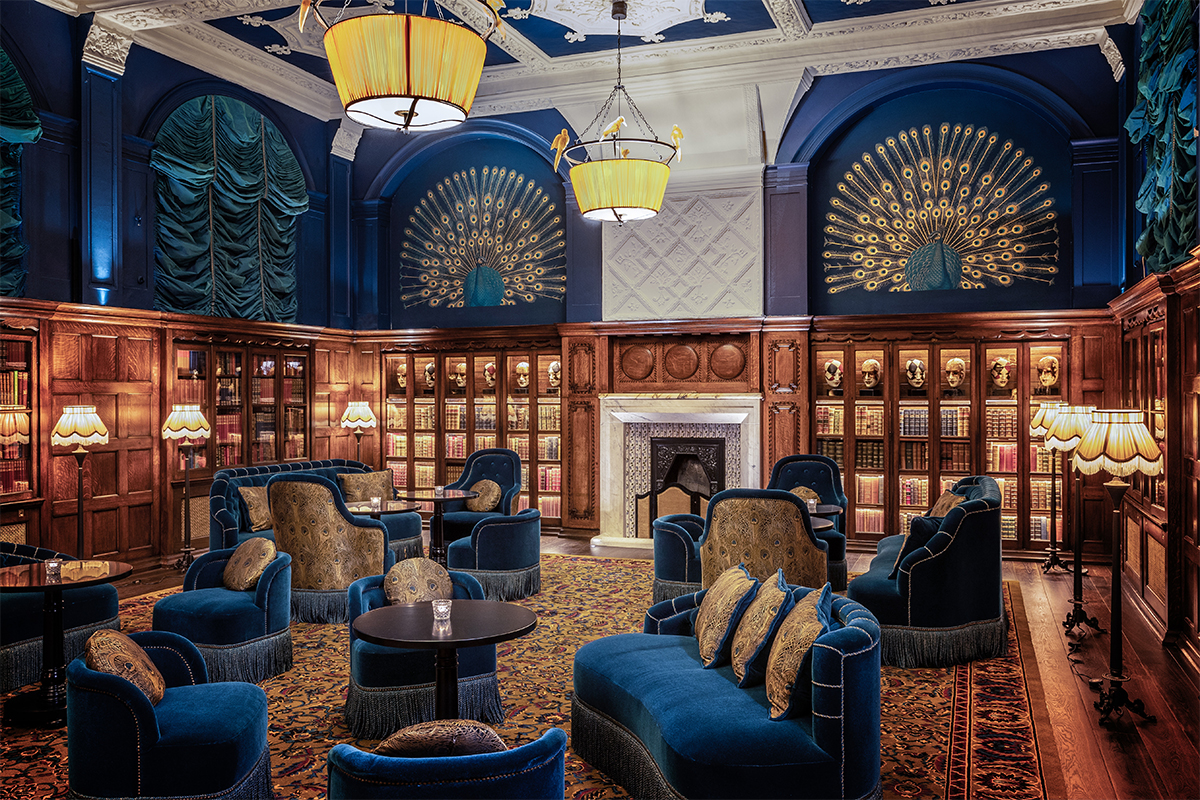
The library at L’oscar
Michel Reybier, owner of La Reserve, has just bought L’oscar, a London luxury boutique hotel. Darius Sanai drops by and looks forward to a new star of the scene
I first met Michel Reybier when I interviewed him for a feature in a Hong Kong luxury magazine I had just launched, LE PAN, about his celebrated wine estate, Chateau Cos d’Estournel in Bordeaux. Much of the interview was about the other businesses he ran, how he had made his first fortune in the food industry (selling high-end packaged charcuterie), the medical clinic group he had bought and was expanding, and his little boutique luxury hotel group, La Reserve.
Follow LUX on Instagram: luxthemagazine
Having gotten to know him a little more over the years, I noticed that he is not a man who likes to talk about himself. He lets his businesses do the talking; and now his small hotel group, renamed Michel Reybier Hospitality, has become quite a significant one. In the last few years he has bought the Seiler hotel group in his adopted home of Switzerland (which includes some of the country’s best-known traditional hotels, including the Mont Cervin Palace in Zermatt, where my parents went on their honeymoon – very thoughtful of him) and the La Reserve hotels in Geneva, Paris, St Tropez and Zurich have become must-visits for the contemporary-minded high net worth set.
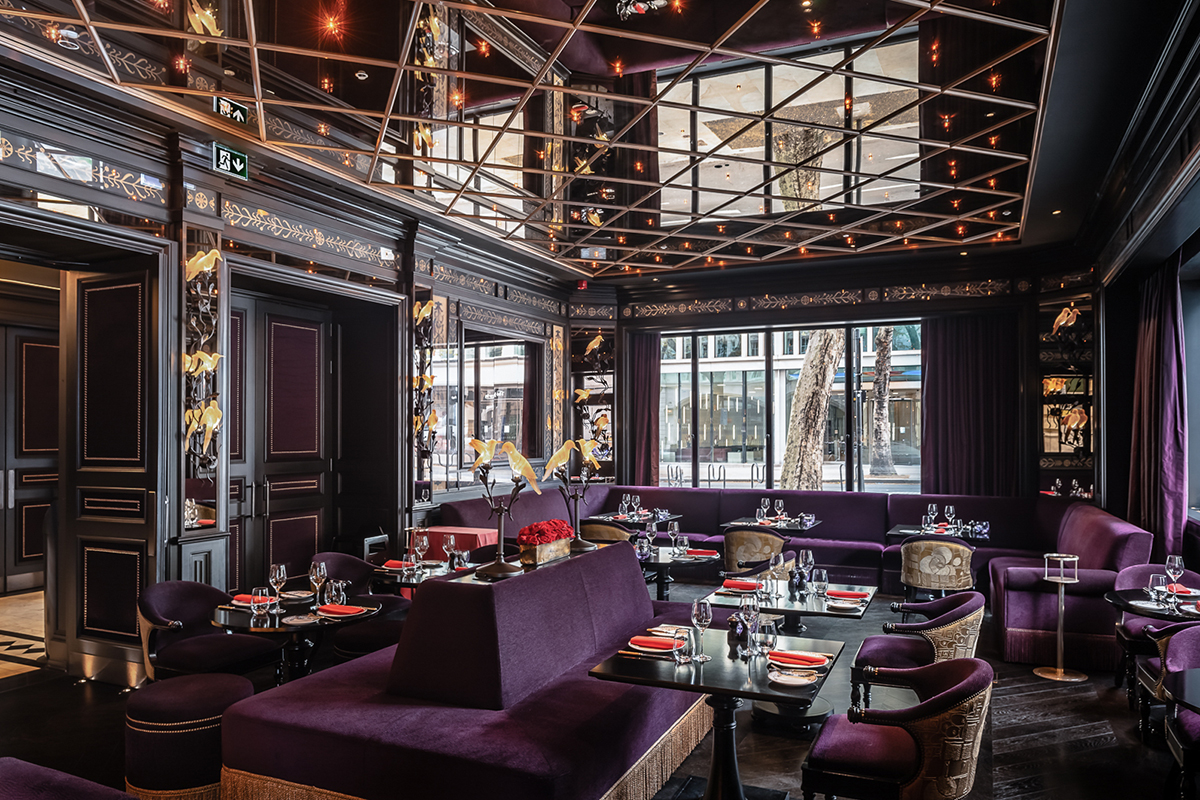
The restaurant at L’oscar. Image by Ben Rice
Any luxury hotel group worth its salt needs a property in London, but great hotels in London are hard to come by: by and large scarce and overpriced. But where there’s a will, and a canny owner, there’s a way, and so last week I dropped by his new acquisition in central London, L’oscar. In Holborn, near Theatreland and surrounded by offices of affluent workers (lawyers, digital, entertainment), L’oscar opened in a blaze of publicity around five years ago, with dramatic, Costes-comes-to-London design, then faded away a bit. In buying it this year, Reybier intends to make it a new star of the London scene. His experienced team are aware of its slightly off-centre location – you don’t have the Mayfair oligarchs and PE titans coming to play here – and will doubtless make a virtue of its local qualities.
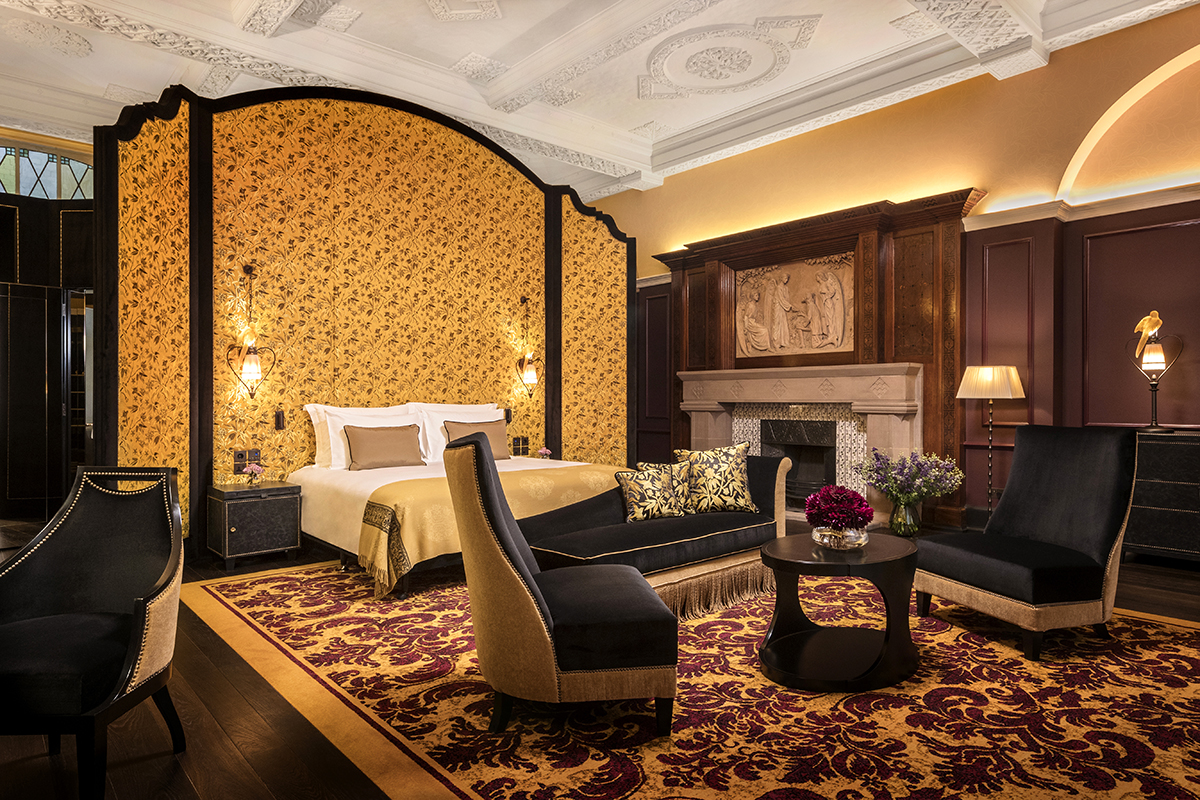
L’oscar’s bright and spacious suites
The hotel will undergo some light refurbishment and what is now the bar, under a dramatic rotunda, will become the restaurant, which will move from its street side location – a logical move.
Read more: LUX Art Diary: Exhibitions to see in April
Reybier naturally owns a champagne house, and I dropped by the bar for a glass or two of Jeeper champagne a couple of days back.
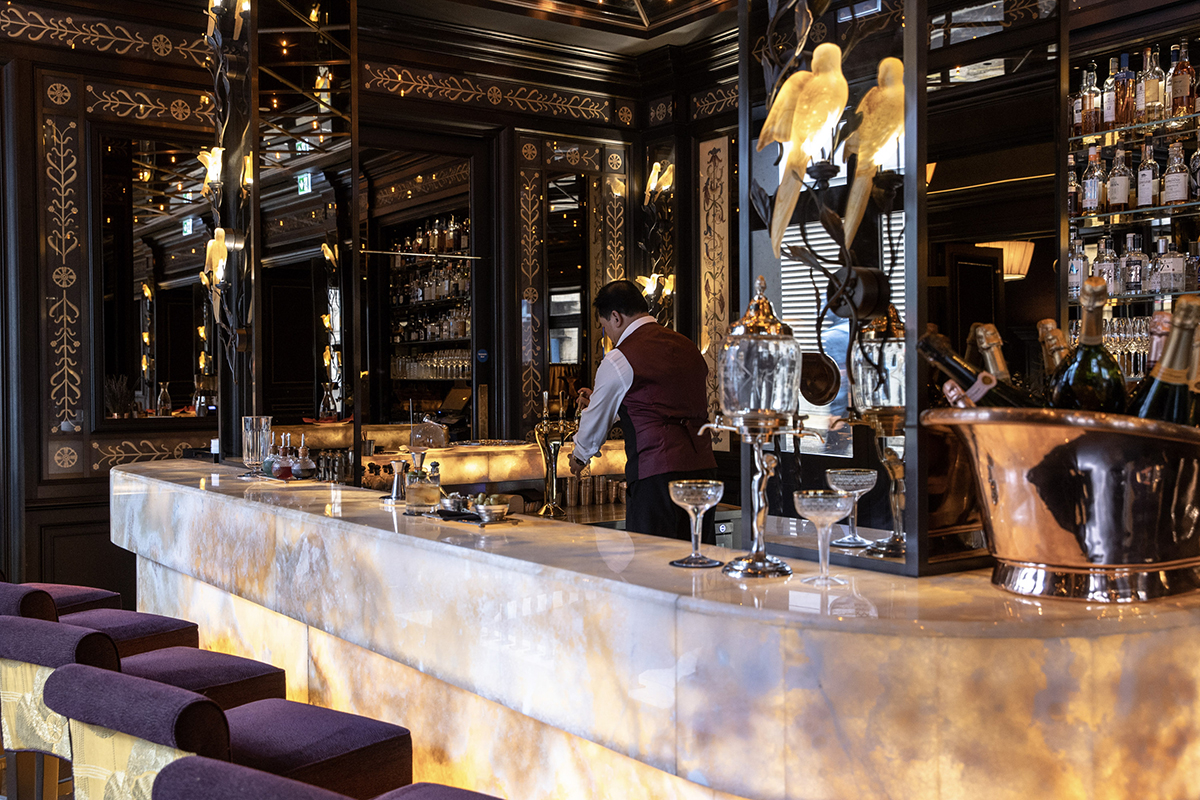
The bar at L’oscar’s restaurant. Image by Gregoire Gardette
The staff seem energised, the room is as glamorous as any in a London hotel – in fact, makes many London luxury hotels look quite ordinary – and as I mentioned to him, it’s a place that could become a hub in an area that needs one. The Jeeper champagne was excellent too, balanced, understated, very nicely put together – rather like its owner. The magic wand wielded by Reybier and his wise CEO, Raouf Finan, turned a fusty old palace, the Eden in Zurich, into the most glam hotel in town, just before lockdown. L’oscar needs much less of a makeover, being pretty glam already, but London will only benefit from the arrival of a Euro star.

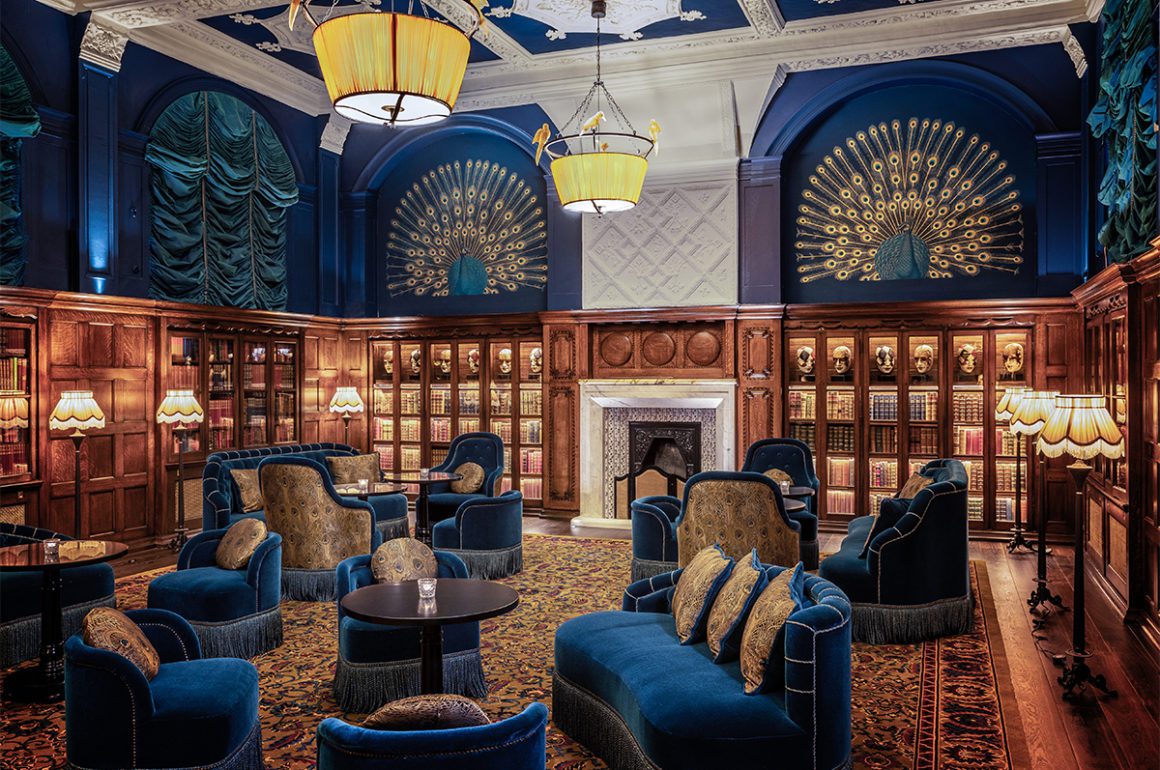
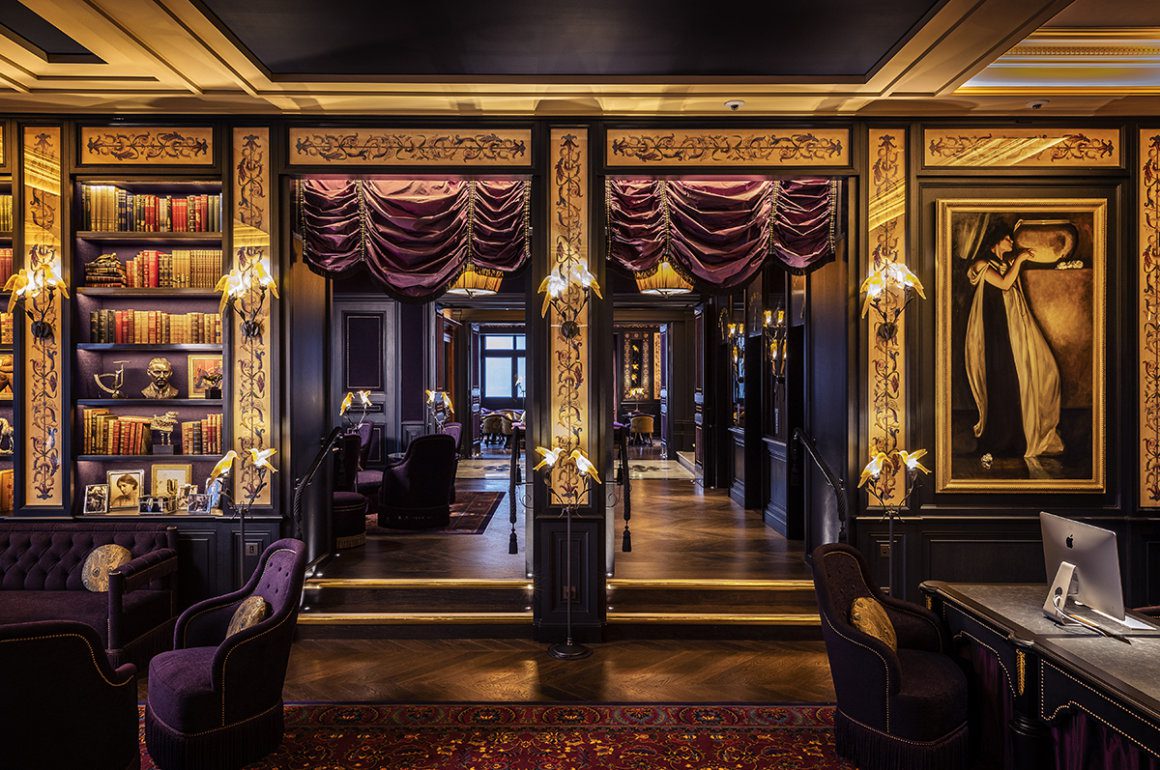
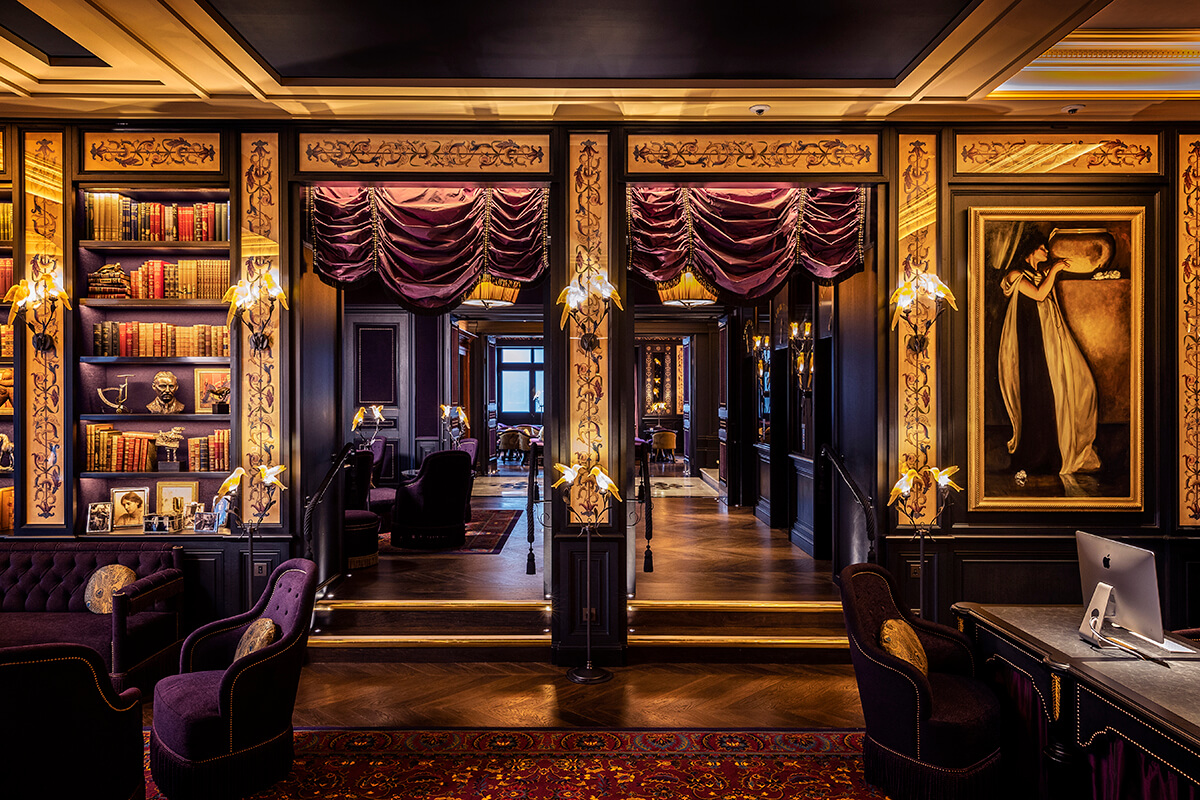
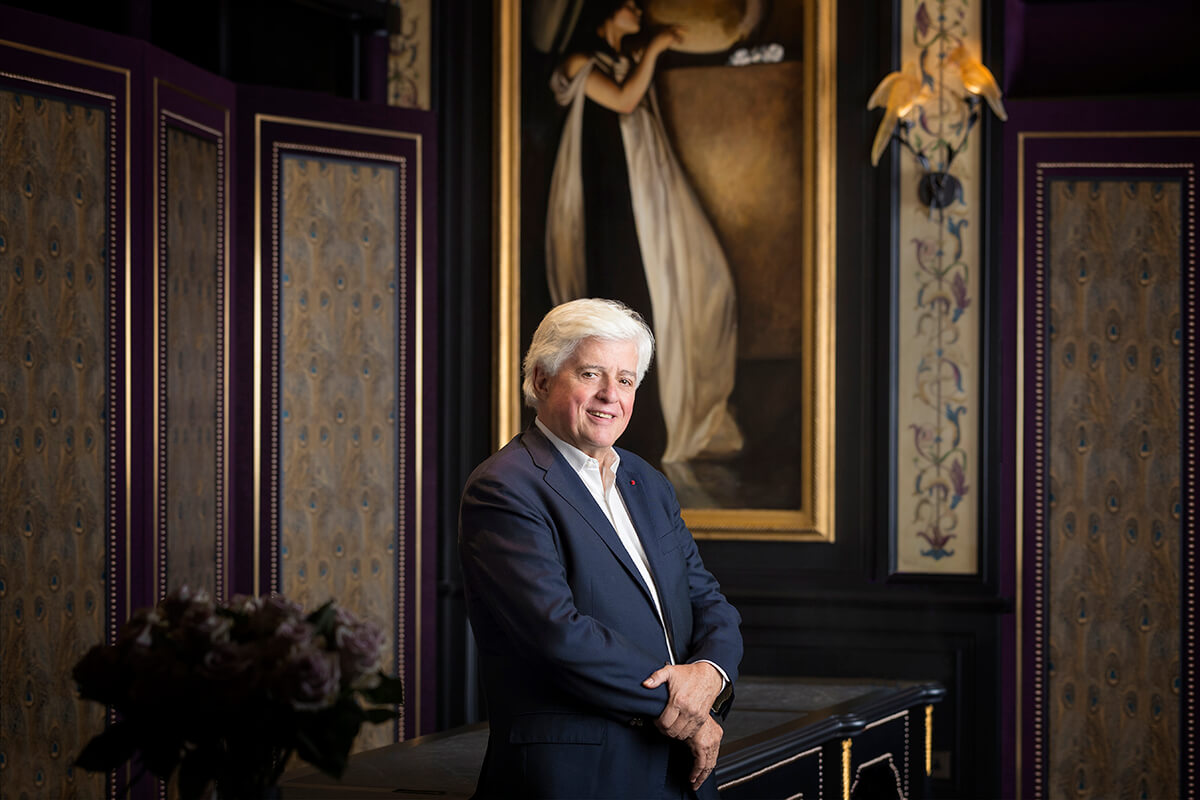
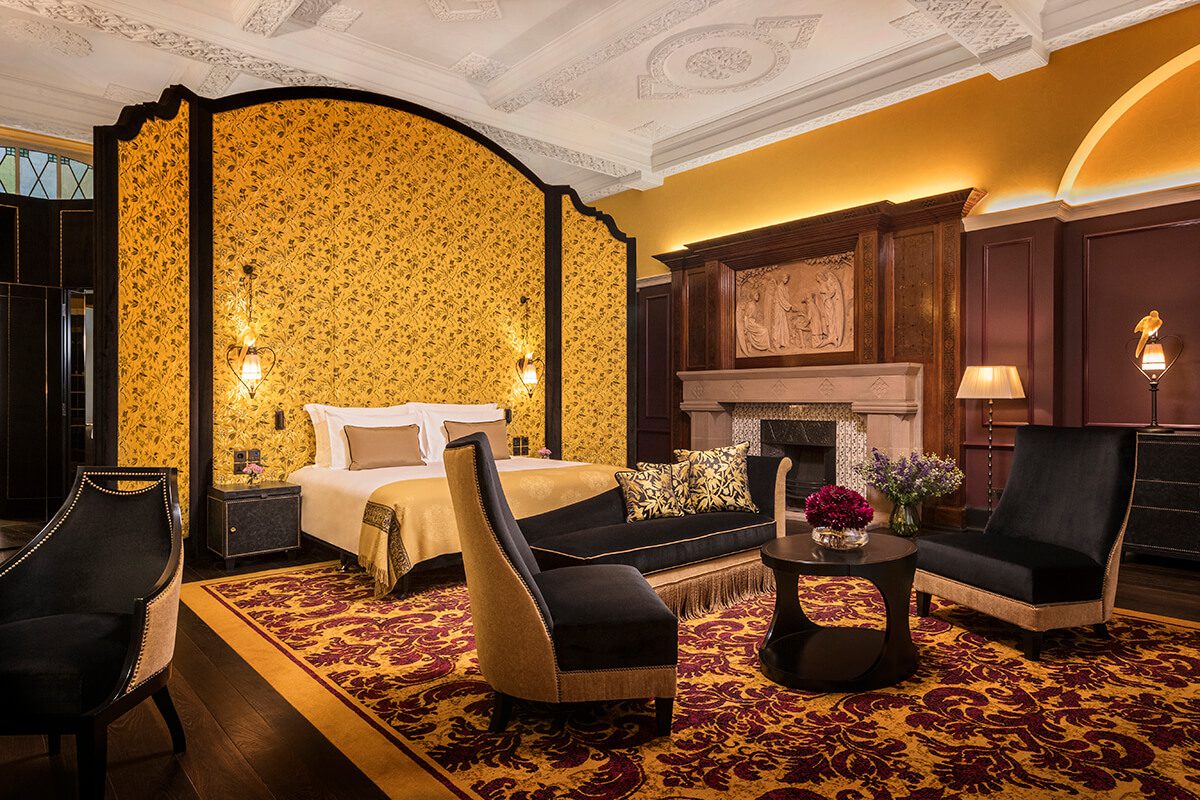
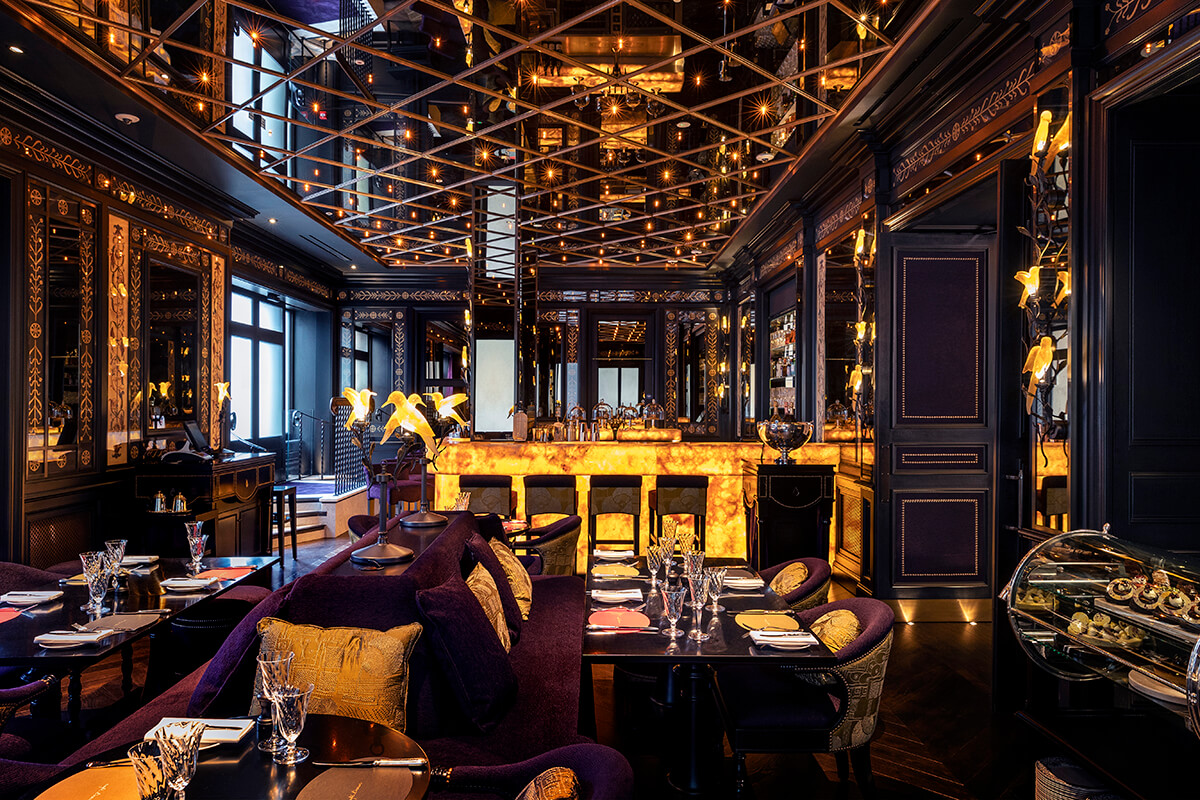





Recent Comments